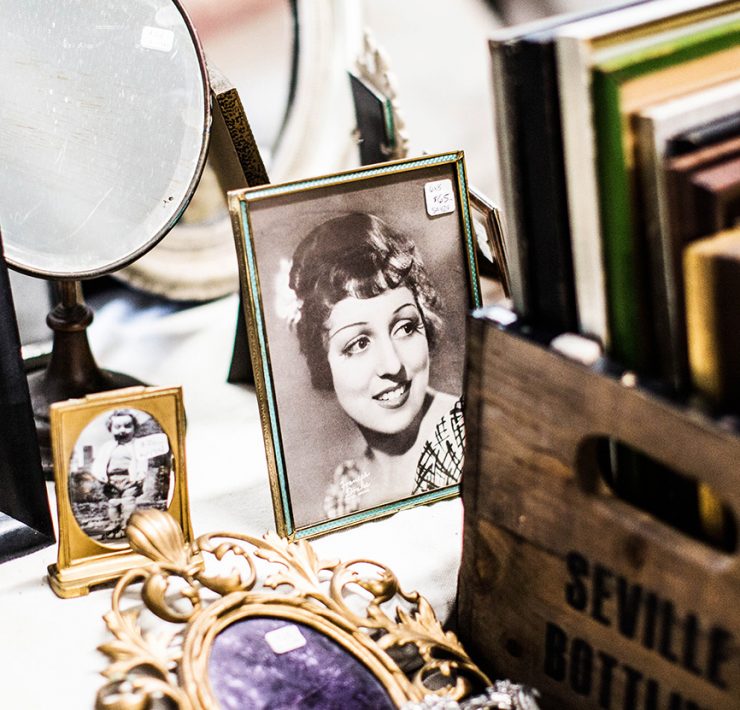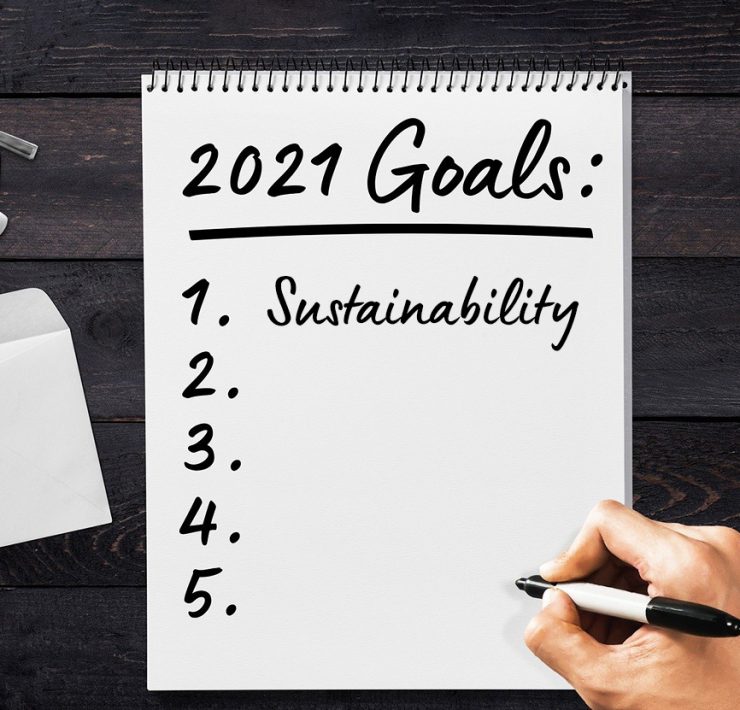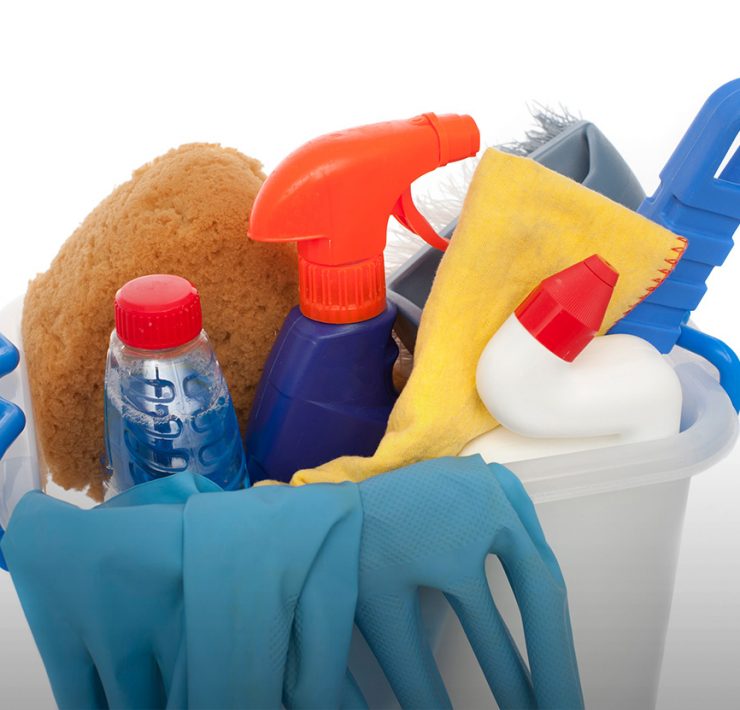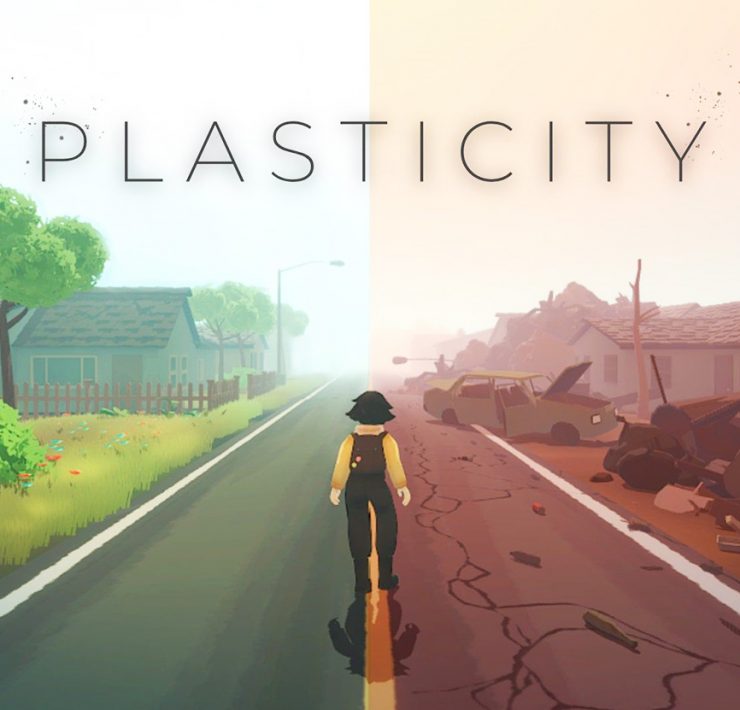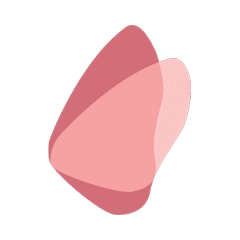Is it time to change your toothbrush?
- Every year, millions of toothbrushes end up in our landfills and wash up on our shores, most of them made of plastic. What can we do to improve this situation?
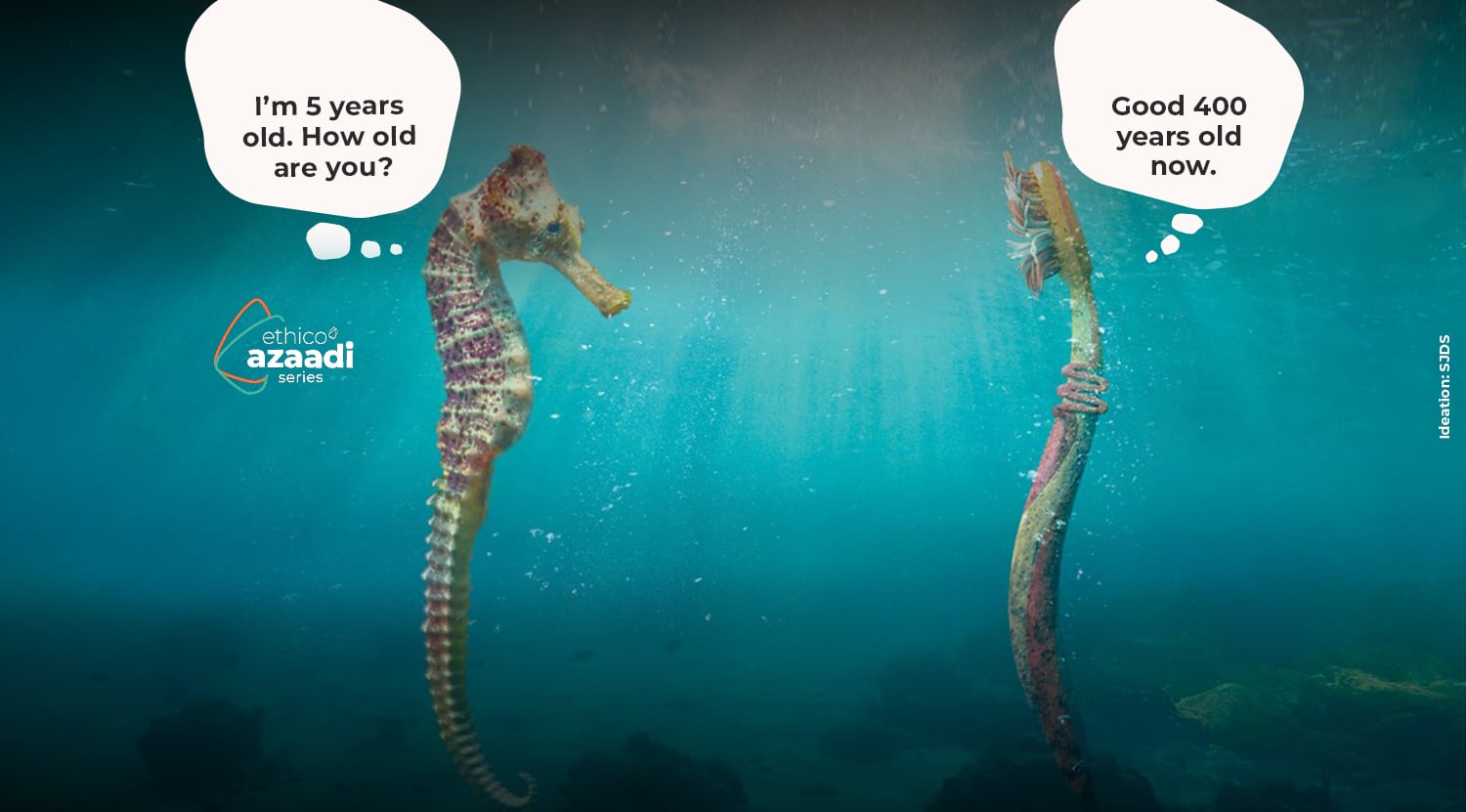
Subodh is a biodiversity expert and a human resources specialist…
Most discussions around the environment and sustainability initiated by the media and popular Internet videos are often based on some globally accepted data which may not even be relevant to our country. So I thought I’d rather write on sustainability by using an example which we all can relate easily and also use on a day-to-day basis, something where we can see an impact being made on a day-to-day basis.
I was talking to my 11-year-old son one Sunday morning and I asked him, “What do you think is the biggest stress to our city environment?” Without hesitating, he answered, “Plastic! All the plastic that we throw out is our biggest problem.” He had given me such a common answer but in that moment, I let it pass.
One toothbrush every year for 17.5 million people is a lot of toothbrushes purchased and thrown as city waste in Mumbai.
Later that morning, when I was picking up his toothbrush — which he had left on top of the washing machine as usual — something clicked for me. “Shouldn’t this toothbrush transfer sustainability on a day-on-day basis?” My mental machinery started spinning in full gear.
The toothbrushes that we use are made of plastic and nylon. Their handles are plastic and the bristles are Nylon-6. Both these materials stay in the environment for over 400 years without disintegrating. In addition to this, most toothbrushes come in their own plastic packaging, thus worsening the problem.
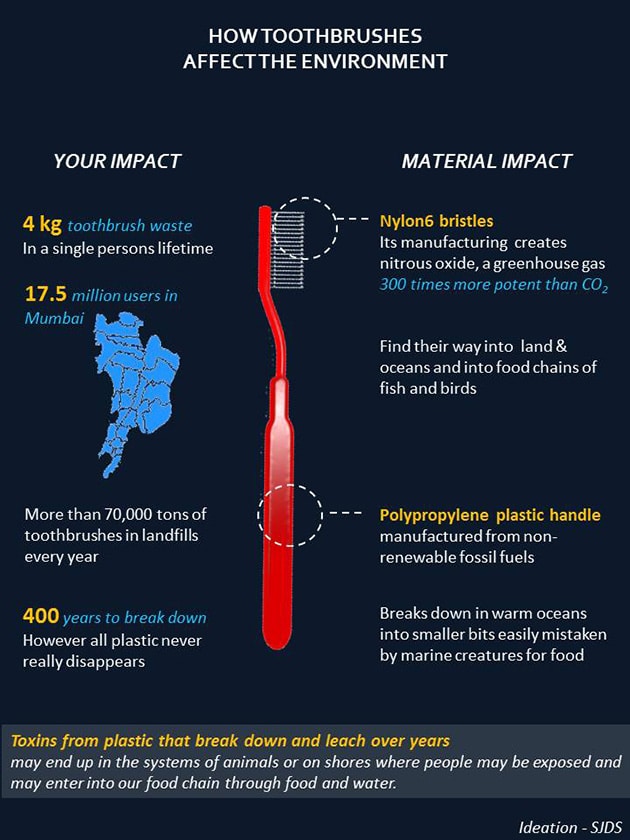
There are about 18.3 million people in Mumbai. Assuming that infants don’t use toothbrushes because they don’t have teeth yet, we still have 17.5 million people with teeth. Now, aren’t we all supposed to change our toothbrush at least once every three months, or when the bristles become unruly? Most of us are usually lazy and will carry on with our old toothbrush for at least six months before tossing it out. Even so, two toothbrushes every year for 17.5 million people is a lot of toothbrushes purchased and thrown as city waste. People who are on business trips or vacations might use single-use toothbrushes provided by their hotels, further adding to the number. In one year, these 35 million toothbrushes would be enough to bury the landfills of Mumbai alone. Had you ever imagined before today that our toothbrushes could be such a serious issue?
Toothbrushes can be made from two elements — bamboo fibre (instead of the plastic handle) and Nylon-4 (instead of Nylon-6 bristles)
Assuming we live an average life of 70 years, we will all produce at least 3-4 kgs of toothbrush waste in our lifetime. With 17.5 million people, we are looking at an awful 70,000 tonnes of plastic to deal with. Mumbai is home to 1.52 per cent of India’s population, and we live in one of the most densely populated countries in the world, second only to China. Assuming everyone is going to brush their teeth for 70 years or so, our landfills are going to be filled with tons of colourful toothbrush waste waiting for 400 years or longer to break down.
But perhaps this same toothbrush can be converted into our sustainability element. In order to become more environmentally friendly, the toothbrush can be made from two elements — a sustainably produced bamboo fibre (instead of the plastic handle) and Nylon-4 (instead of the Nylon-6 bristles).
Most plastic toothbrushes don’t get picked up to be recycled, either because they are not all made of the same material or they are disposed of at different lifetimes.
If this comes to fruition, we would suddenly be eliminating tonnes of plastic waste each year consisting of toothbrushes alone, thus giving us measurable change.
It is estimated that 700 million toothbrushes are sold every year in India. Indian companies like Patanjali and Dabur should consider taking up the initiative of sustainable production. Giants like HUL and Colgate-Palmolive, who currently account for 70 per cent of the market share when it comes to oral healthcare products, are busy making orthodox toothbrushes. Unlike plastic bottles or pouches, most of these toothbrushes won’t even get picked up to be recycled, either because they are not all made of the same material or they are disposed of at different lifetimes, making collection a difficult task.
It is now for all of us to become aware and drive a campaign to propel media, policy-makers, manufacturers, and environment and sustainability professionals to convince them to start manufacturing sustainable toothbrushes in India. Some have already begun in a small way, but getting every household to make a switch would lead to a big change.
Caution: Stay aware of manufacturers quoting Nylon-4 and using Nylon-6 instead.
Subodh is a biodiversity expert and a human resources specialist who creates imaginative settings that are responsive to the surrounding environment. He enjoys nature walks, birding and plant taxonomy as much as he loves making plant and bird sketches while on field trips.


